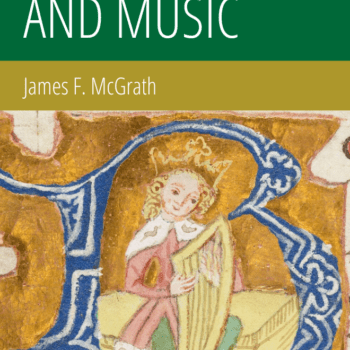The people who are up in arms about alleged “canceling” of Dr. Seuss are the historic cancelers of those they disagree with. We could do with some really good children’s stories that address that issue. I will come back to that later. First I want to focus on the more pressing current matter, which is not that anyone’s children’s books will be confiscated. A publisher has decided not to continue publishing certain books, and many libraries are deciding to do things like move their Dr. Seuss books from the children’s books area to elsewhere in their collection among the books aimed primarily at adult readers.
People disagree about what it is appropriate to tell children. Some are fine with children hearing the story of David and Goliath, but only in a children’s version that omits the decapitation. Some realize that any version might encourage children to deal with big bullies by flinging a rock. Some offer simplified versions of the Ten Commandments with one of them in particular heavily paraphrased, some skip them, and some present them in their unadulterated adultery-mentioning form that inevitably leads at least one child to put their hand up and ask a question their Sunday school teacher finds awkward.
One theme that I tackle in both my class on the Bible, and my class on the Bible and music, is that the Bible is not children’s literature (including when it is turned into songs). Parents and churches dilute and distort it and publishers reword and repackage it for children. Some people spend their whole lives with wrong impressions about what is in the Bible. Even reading it as adults and seeing for themselves, it can be difficult for people to revise their thinking, so deeply ingrained are the impressions we are given in childhood.
That’s the key point as it pertains to the cessation of publication of certain Dr. Seuss books. There are lots of things that people once told their children, and some still do. Some will still depict people with particular skin color or eyes that look different as other, in insulting caricatures. Some steep their children in these ways of perceiving their fellow human beings, starting them off in ways that will make it profoundly difficult for them to overcome those prejudices later in life. Some of us are eager to shift away from this past legacy, preferring to risk erring by going too far in the direction of respect and inclusivity.
Dr. Seuss’ books aren’t just places where one finds problematic stereotypes. There are also things that challenge our tendency to view ourselves as better than others. There are stories that challenge our warlike instincts and our disregard for our environment.
The Bible is complicated too. There are denigrating caricatures that continue to inspire hate, and direct challenges to our hate which call us to love. Bibles will continue to be published in a variety of editions. As has long been true, most of them will not be found in the children’s section of libraries. As always, parents will be free to check out any books and share them with their children if they are so inclined. They will be free to tell their children the stories they choose to. Not every story that I enjoyed as a child can be found readily in print today. Stories have persisted over centuries, but books and editions have come and gone. The latest storm in a teacup is ironic, as I said earlier, inasmuch as it is spearheaded by precisely the kinds of people and groups that are most prone to silence, disinvite, or shout over those they disagree with. If you disagree with the decision of a publisher or library, you remain free to contact them and convey your opinion. If you do so in a manner that resorts to hateful caricatures and insults, they will be less likely to listen sympathetically to your case. If you didn’t learn that from the stories you were told as a child, it isn’t too late. It will, however, be harder to begin the process as an adult. And if you denigrate and disparage in the very manner that the publishers and libraries are concerned children not grow up hearing and repeating, you may undermine your own case in the process.

















